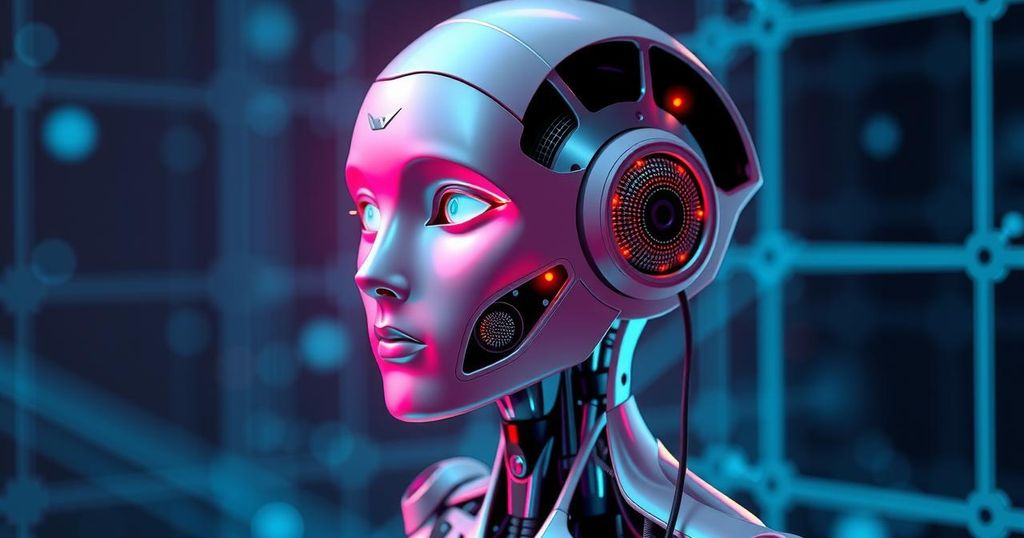AI agents are advanced tools capable of executing complex tasks beyond mere question-answering functionalities of chatbots. Major tech companies are developing these agents to enhance efficiency in various fields like healthcare and robotics. Simple AI agents perform basic tasks, while more advanced agents can learn from their environment to make informed decisions. The balance between automation benefits and data security risks will shape the future of AI agents.
Artificial Intelligence (AI) agents are emerging advancements in technology that promise to automate various tasks traditionally performed by humans. Unlike basic chatbots that merely respond to queries, AI agents can execute complex functions and make decisions within diverse operational contexts. Major tech companies such as OpenAI, Microsoft, and Google are pioneering these transformative tools aimed at optimizing processes in sectors like healthcare, gaming, and robotics. Essential characteristics of AI agents include learning capabilities, the establishment of goals, and decision-making based on user preferences and environmental parameters.
Simple AI agents perform specific, predefined functions, as seen in devices like smart thermostats, which respond to temperature changes. More intricate AI agents, comparable to Roomba vacuum cleaners, learn from their surroundings and adapt their actions to meet set objectives, showcasing intelligence through problem-solving. Innovations like Google’s Project Mariner exemplify the future potential of AI agents in assisting users with tasks, such as online shopping while allowing human oversight in final decisions. This human-AI interaction helps mitigate risks associated with automation.
While these technological advancements hint at a significant transformation in workplace efficiency, there are inherent risks involved. Potential data security concerns arise from the requirement for AI agents to access sensitive information such as emails or calendars. The successful integration of AI agents will largely depend on how effectively technology companies can address these vulnerabilities while ensuring users understand the extent of their data sharing. Maintaining a human element in decision-making processes is crucial for monitoring agent actions and minimizing the consequences of mistakes or inherent biases in AI systems.
As AI agents continue to evolve, their ability to adapt and resolve unexpected challenges will determine their effectiveness and adoption. Their evolving role in automation presents both opportunities and challenges that society must navigate as we progress towards a more interconnected technological landscape.
AI agents represent a significant shift from traditional AI applications, moving towards more autonomous systems that can perform tasks with minimal human intervention. This evolution reflects broader trends in AI aimed at increasing efficiency across various industries. As organizations increasingly rely on data-driven decisions, understanding the operational mechanics of AI agents is vital, especially considering their potential impact on organizational productivity and the necessity of addressing any security and ethical concerns.
In conclusion, AI agents are poised to redefine interaction with technology by offering advanced functionalities that go beyond simple automation. Their ability to learn and make decisions based on environmental stimuli and user preferences illustrates the potential for improved effectiveness in various sectors. However, this potential comes with inherent risks related to data security and decision-making biases. As the technology matures, fostering user trust through transparency in operations and robust security measures will be essential to facilitate widespread acceptance and integration of AI agents into everyday processes.
Original Source: theconversation.com

Leave a Reply